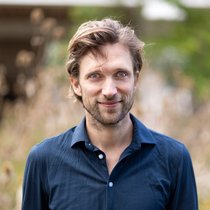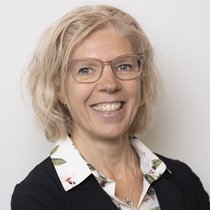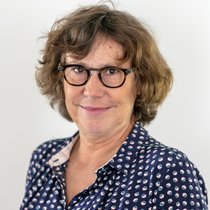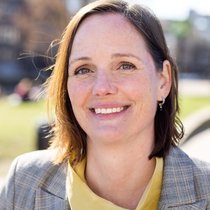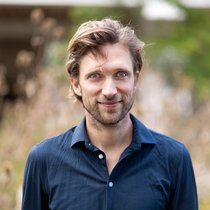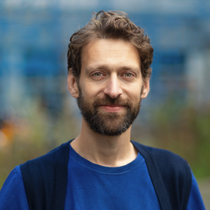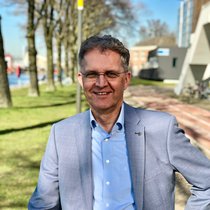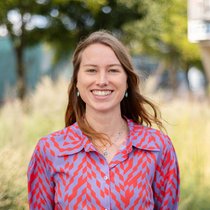The waste problem in Amsterdam’s city centre is growing, increasing litter, overflowing trash bins, and mounting pressure on the city’s infrastructure. To tackle these challenges, AMS Institute and the City of Amsterdam have partnered in an ambitious collaboration: ‘Living Lab Schone Binnenstad’. This program focuses on developing, testing, and implementing innovative waste management solutions to make the inner city cleaner, more circular, and liveable.
What are we doing to address the waste problem?
In the Living Lab, we co-create interventions and test innovations along three strategies:
- Preventing Waste from Entering the System: We develop technologies that help households and restaurants prevent organic waste, cardboard, and plastic packaging from entering the public waste system in the first place. By combining behavioural science with design methods, we aim to significantly reduce waste, especially in busy city centres.
- Multifunctional Waste Points: We are exploring new ways to collect waste more efficiently while increasing separation and high-value recycling rates. This includes the spatial integration of organic waste processing to restore the health of urban soils. It also involves developing logistics concepts that make separate waste collection easier and faster. We’re looking at the role of synchro modal transport (combining different zero-emission transport methods) and integrating circular solutions into the waste management system.
- Integrated Waste and Cleaning Services: We design and test interventions to improve collaboration between waste and cleaning services. For example, new methods to tackle the combined problems of litter, business and tourist waste, or interventions that optimize waste management and street cleaning.
By Vincent Basler
How is the research being conducted, and what role does Amsterdam play?
AMS Institute leads research and development in collaboration with TU Delft and Wageningen University & Research researchers. Together, the team develops prototypes, behavioural interventions, and tools that will be tested in real-world environments in the city. These tests take place in various parts of Amsterdam, including the city centre. Residents, entrepreneurs, and other stakeholders are involved in the process to ensure the solutions are both practical and effective for the city.
Michelle Molema, Urban Living Lab Coordinator: "As a Living Lab coordinator, I’m mapping all relevant stakeholders involved in the waste management issues in the city center and identifying parties that need to be involved in the design and implementation of innovations. With a GAP analysis, I try to determine the current and desired situations, and I translate these insights into a plan for pilots.”
“We look for scalable solutions that contribute to systemic change toward a circular society. We test on a small scale, and gradually build towards scaling up, which requires patience.”
Joppe van Driel
Team lead Program Development Team, Program Developer
Expected results
The project aims to find practical, scalable solutions that improve waste management and contribute to a cleaner and more circular city. Expected results include new designs for waste reduction in restaurants, on-site organic waste processing units, logistics systems, digital tools to optimize multimodal waste collection and transport, and smart monitoring systems to test and evaluate policies.
Implementing these solutions will not only ease the strain on public spaces but also contribute to Amsterdam’s circular society.
Joppe van Driel, Program Developer for Circularity in Urban Regions: "We go beyond simply addressing symptoms. We look for scalable solutions that contribute to systemic change toward a circular society. We test on a small scale, select what works in preventing and reducing litter and waste, and gradually build towards scaling up. This requires patience. That can be difficult with such an urgent problem. But it’s the only way to achieve truly sustainable solutions.”
The broader impact of this project
The impact of this program will extend beyond the city centre and could be scaled to other areas of the city and other cities facing similar waste challenges. The Amsterdam model can be an example for other urban areas dealing with waste issues. By combining new technologies, design for sustainable behaviour change, and policy interventions, the Living Lab Clean City Center contributes to the global fight against waste and litter, promoting a circular and sustainable future for cities everywhere.
By Vincent Basler
| Duration: |
|
Principal Investigators
Project members
Partners



